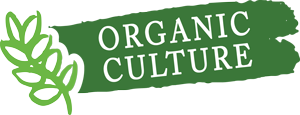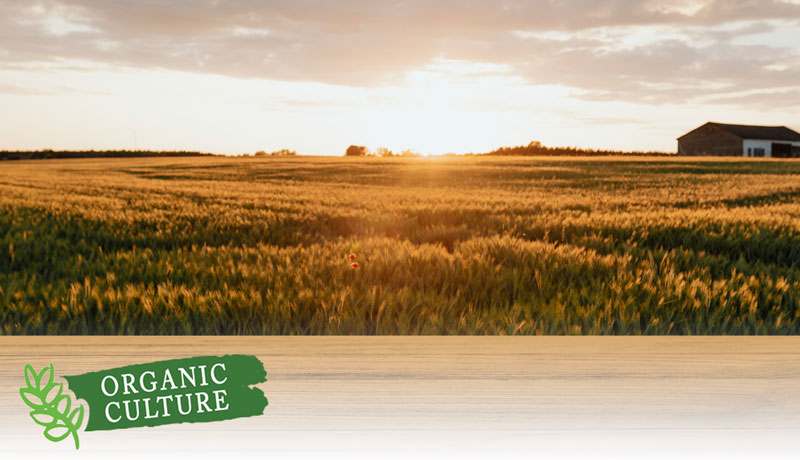It’s a common misconception that organic food is more expensive than conventional produce. In fact, the opposite is true: many organic foods are less expensive than their non-organic counterparts because they’re not being grown with expensive chemical fertilizers and pesticides.
However, there’s a lot more to organic farming than just what’s on your plate. A growing body of research shows that eating organic can reduce pesticide exposure and boost nutrition levels in children (but really everyone). It also helps preserve biodiversity in our increasingly homogenous farmland—so let’s talk about why this matters!
Organic farms are not organic for themselves, but for the benefit of others.
Organic farming is good for the planet. Organic farms are smaller than conventional operations, growing crops in a way that reduces the use of pesticides and chemicals. This makes them more sustainable: instead of using resources like fossil fuels or artificial fertilizers to grow crops, they use natural processes like photosynthesis to make food out of sunlight, water and soil nutrients.
Organic farms aren’t organic for themselves; they’re organic for everyone else!
The soil is different
Organic farmers don’t use synthetic chemicals to kill pests or weeds. Instead, they rely on natural methods to kill the unwanted plants, like introducing beneficial insects and releasing beneficial bacteria into the soil.
Organic farms also use compost instead of fertilizers. Fertilizers are made up of minerals and nutrients that plants need to grow well. But they’re often composed of toxic chemicals that can leach into groundwater supplies when it rains. Compost doesn’t contain any harmful chemicals or toxins because it’s made from living organisms (including worms) instead of nonliving materials like rocks or sand—which is what conventional fertilizers are made from!
Plants grow differently on organic farms
If you’ve ever been to an organic farm, then you know that plants grow differently there. They’re planted in their natural environment and allowed to do what they do best—grow. The result is healthier plants that produce a higher quality of food than conventional farms can yield.
It’s not just the soil that’s different—the way plants are grown on an organic farm is also different. Farmers who practice organic farming use fewer chemicals and more nutrients when growing their crops, resulting in more flavorful produce with less water usage.
Organic farming is good for the planet
Organic farming is good for the planet. It uses less energy, water, and produces less pollution.
Organic food is better for you too and will help you live a longer life.
Organic farming is better for your health
Organic food is better for your health.
This is because organic food has more vitamins and minerals, fewer pesticides (which means less residue), fewer antibiotic-resistant bacteria, and more healthy fats than conventional produce. Organic farmers also use sustainable farming practices that don’t harm the environment as much as conventional methods do.
Organic farming is more labour intensive
As a result, organic farms are much smaller than conventional ones. Whereas conventional farming operations might be on a scale of 100 acres or more, an organic farm might only be 10 acres in size. This means that the amount of labour required to operate such farms is much higher and there are many more people involved in the farming process—from farmers to packagers to marketers.
Because these farms are so small, they also have to be self-sustaining entities with all their own facilities for food production and processing, storage and marketing of their produce; this includes things like animal care (such as dairy cows), crop rotation plans (to keep soil healthy), fertilization schedules for crops and livestock feed sources such as hay fields or silos where grain can be stored long term without spoiling due to heat exposure during transportation processes between farm locations across large distances (like trucking foodstuffs from one part of Alberta Canada where it grows well under certain conditions).
Organic farms are smaller than conventional operations
Organic farms are smaller than conventional operations. Organic production is labor intensive and expensive, costing about twice as much to produce the same yield per acre. However, this higher cost is compensated by lower inputs such as chemical fertilizers and pesticides, resulting in a lower impact on the environment. Organic farms are not organic for themselves, but for their customers!
Help support organic farmers to ensure we have food to eat in the future.
Organic farming is important to support. Without it, we won’t have the food supply we need in the future. You can help by purchasing organic fruits and vegetables, supporting local organic farms and buying from farmers markets when possible. Organic farms are smaller than conventional operations which means they use fewer resources and produce less waste. The land is treated with care so that it’s healthy for both plants and animals to live on for years to come
Support Organic Farms Is The Future
We hope you have enjoyed learning about organic farming and were able to learn some new things about it. We believe that by supporting organic farmers, we can ensure that there is an adequate supply of food for our future generations.

